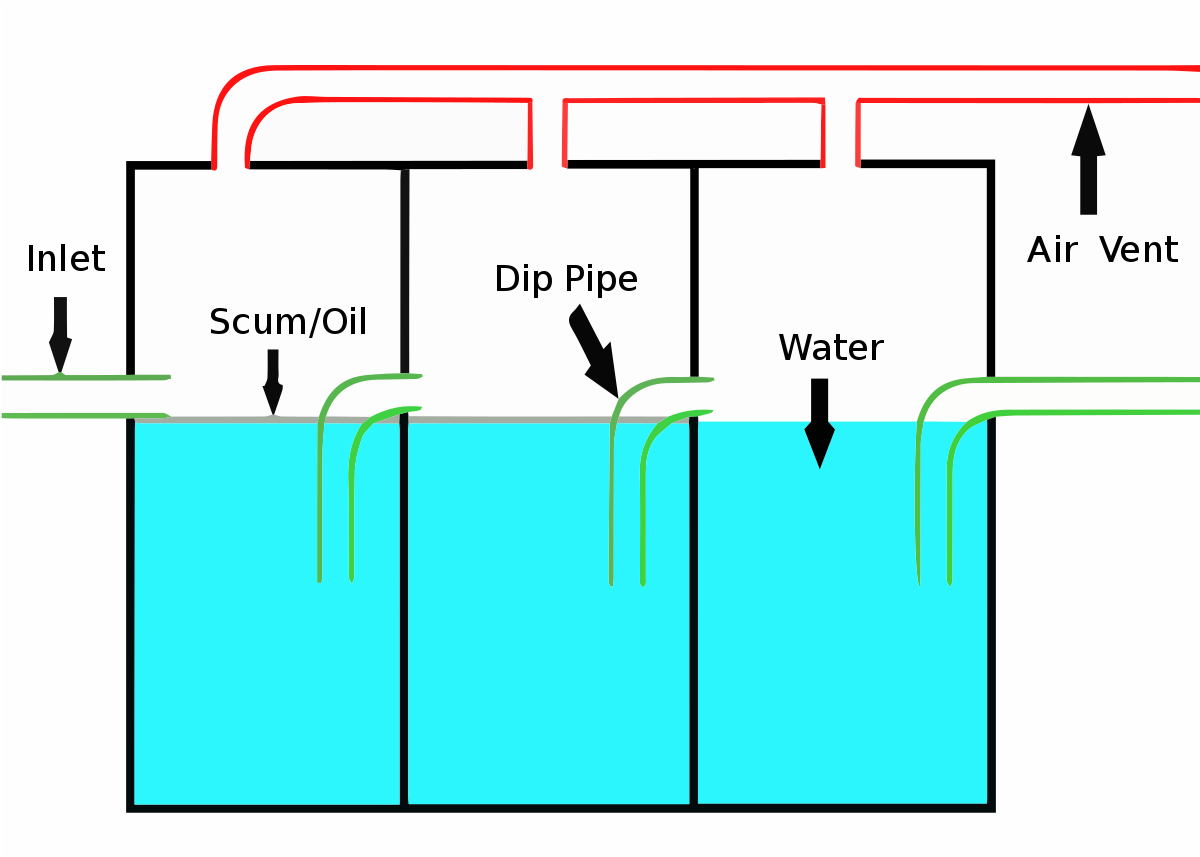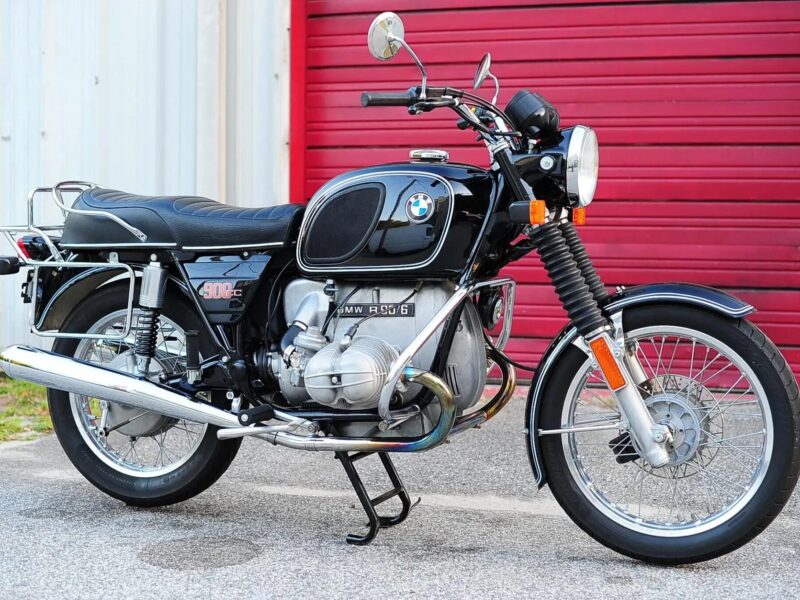Introduction
Petrol interceptors are an essential part of any drainage system that deals with petrochemicals. They are typically used in places such as car parks, garages, and industrial premises, where there is a high risk of fuel spills and leaks. Petrol interceptors work by filtering out any harmful substances from the water that is collected from these areas, preventing pollution of the environment.
What is a Petrol Interceptor?
A petrol interceptor is a device that is installed in a drainage system to filter out petrol, oil, and other hydrocarbons from water before it is released into the environment. These substances can cause significant environmental damage if they are not adequately filtered out from the water.
How do Petrol Interceptors work?
Petrol interceptors work by slowing down the flow of water as it enters the interceptor. This allows the heavier hydrocarbons to settle to the bottom of the interceptor, where they can be safely removed. The lighter substances are then separated from the water and discharged through an outlet pipe.
There are two types of petrol interceptors: gravity-fed and pumped. Gravity-fed interceptors rely on the natural flow of water, while pumped interceptors use a pump to move the water through the system.
Where are Petrol Interceptors used?
Petrol interceptors are used in a wide range of locations, including car parks, garages, and industrial premises. They are also commonly used in areas where fuel is stored or dispensed, such as petrol stations, airports, and marinas.
Why are Petrol Interceptors important?
Petrol interceptors are important because they help to prevent pollution of the environment. Petrochemicals can cause significant harm to the environment, particularly if they are released into waterways. Petrol interceptors help to ensure that any water that is discharged into the environment is free from harmful substances.
What are the benefits of using a Petrol Interceptor?
There are several benefits to using a petrol interceptor, including:
Protecting the environment:
Petrol interceptors help to prevent pollution of the environment by removing harmful substances from water before it is released into the environment.
Compliance:
Petrol interceptors are required by law in many countries to prevent pollution of the environment.
Cost-effective:
Using a petrol interceptor can save money in the long run by preventing costly clean-up operations in the event of a fuel spill.
Easy to install:
Petrol interceptors are easy to install, making them a popular choice for many businesses.
Low maintenance:
Petrol interceptors require minimal maintenance, making them a hassle-free solution for businesses.
What are the different types of Petrol Interceptors?
There are several different types of petrol interceptors available, including:
Basic petrol interceptors:
These are the most basic type of petrol interceptor and are typically made from concrete or plastic. They rely on gravity to separate the hydrocarbons from the water.
Coalescing petrol interceptors:
Coalescing petrol interceptors use a filter system to remove smaller hydrocarbons from the water.
Full retention petrol interceptors:
Full retention petrol interceptors are designed to capture and hold all water that enters the interceptor. They are typically used in areas where there is a high risk of fuel spills.
Pumped petrol interceptors:
Pumped petrol interceptors use a pump to move the water through the system. They are typically used in areas where there is not enough natural flow of water to rely on gravity-fed interceptors.



